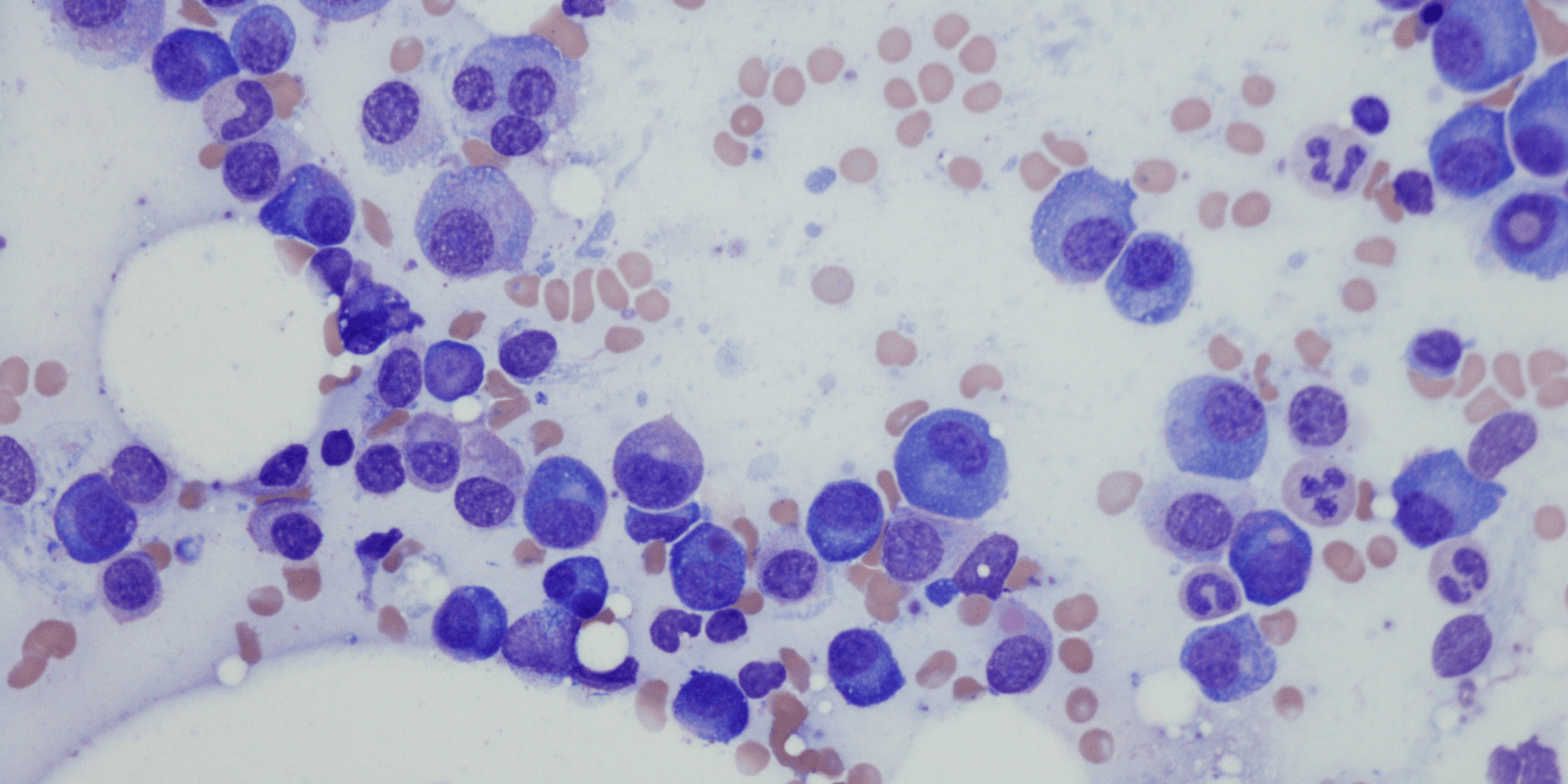
A new study, published in The Journal of Immunology has uncovered approaches to enhance Natural Killer (NK) cellular therapy for patients with multiple myeloma (MM). Most people diagnosed with MM are at least 65 years old. However, the American Cancer Society predicts 36,110 new cases will be diagnosed in 2025 across ages. There is a pressing need to develop improved treatments for people with MM as current T-cell based therapies are limited by manufacturing time, variable duration of response, and substantial adverse effects.
Memory-like NK Cells
The study, led by Dr. Todd A. Fehniger at the Washington University School of Medicine, shows that induction of memory programs in NK cells using cytokine receptors, either from healthy individuals, or patients with multiple myeloma, improves their anti-myeloma activity. The research team also found that this anti-myeloma activity could be further enhanced by blocking inhibitory NK checkpoints and promoting recognition of myeloma targets.
“Specifically, we demonstrate that blocking the inhibitory NKG2A receptor significantly improves memory like NK activity against multiple myeloma. These modulation strategies work together by providing enhanced by NK activation with elotuzumab or chimeric antigen receptor engineering. Our study identifies exciting NK cell-based combination immunotherapies to test in multiple myeloma,” said Dr. Alice Y. Zhou, lead author and Assistant Professor at the Washington University School of Medicine.
Anti-Myeloma Response
NK cells naturally mediate anti-tumor responses, however some cancer cells are able to dampen this response. Since NK cells can “remember” their prior activation events despite being an innate immune cell, they have shown promise as immunotherapy for cancer patients. The memory-like properties of NK cells were first discovered in humans in 2012 and quickly translated to clinical therapy due to their immense potential. In 2014, the first patient with acute myeloid leukemia was treated with memory-like NK cells. The Fehniger lab has a history of researching memory-like NK cells as an immunotherapy and with this study expands the potential applications to multiple myeloma.
Clinical Applications
According to Dr. Fehniger, the team’s next steps will be to advance the combination of memory-like programming, inhibitory NKG2A blockade, and CAR engineering into phase I clinical trials. Many of these NK cell immunotherapies are applicable to other cancers, and the researchers are also actively developing CAR-NK based treatments for lymphoma, acute myeloid leukemia, and solid tumors.
Dr. Zhou shared, “We expect this work to lead to clinical trials testing these strategies in patients. While CAR T cells and T cell engagers are FDA approved for multiple myeloma, they have down sides that include high rates of cytokine release syndrome, neurotoxicity, have more limited durations of response compared to other cancer, and don’t benefit all patients. We think that NK cells are poised to safely complement these T cell-based therapies.”




